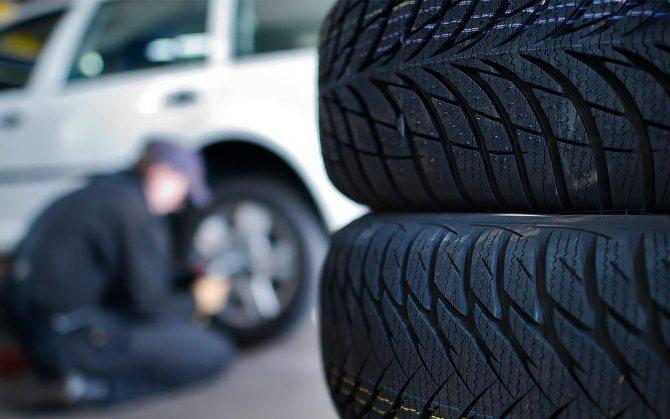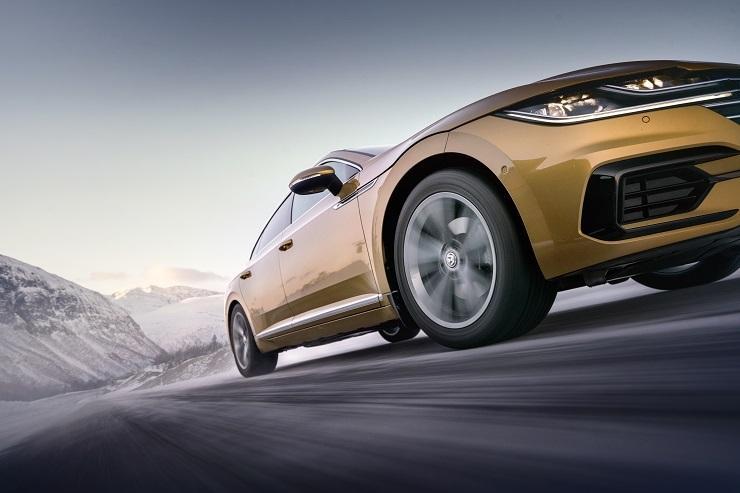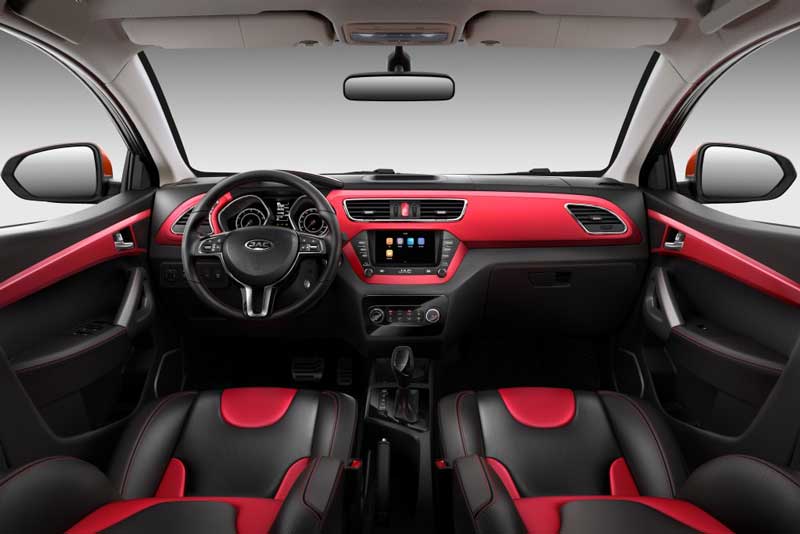
How to reduce the noise associated with car tires?
 Noise level is one of the key factors affecting driving comfort. As quiet electric vehicles become more popular, more and more drivers are wondering about tire noise levels. Rolling noise outside and inside the car are two different factors, but they can be reduced.
Noise level is one of the key factors affecting driving comfort. As quiet electric vehicles become more popular, more and more drivers are wondering about tire noise levels. Rolling noise outside and inside the car are two different factors, but they can be reduced.
When consumers buy new tires, it is very difficult to determine which of the available options will be the quietest for their vehicle. Tire noise is affected by many factors, such as the make and type of vehicle, rims, rubber compound, road, speed, and even weather. In this regard, there are differences between similar vehicles, which means that an accurate comparison is only possible if the same vehicle is used under the same conditions.
However, a few general assumptions can be made: the softer the tire tread compound, the more likely it is to reduce noise. High profile tires tend to be more comfortable and quieter to drive than their low profile counterparts.
Summer and winter tires carry the EU label, which indicates the noise level. However, this marking only applies to external rolling noise. External rolling noise and noise inside the vehicle can be exactly opposite, and reducing one of them can increase the other.
– What you hear inside the car is a combination of many factors. Tire noise is caused by contact with the road surface: bumps cause the tire body to vibrate as it rolls over them. The vibrations then travel a long distance through the tire, rim and other components of the car and into the cabin, where some of them are converted into audible sound, says Hannu Onnela, Senior Development Engineer at Nokian Tires.
Tests need counters and human ears
So far, Nokian Tires has carried out noise tests on its track in Nokia. The new test center, completed in Santa Cruz de la Zarza, Spain, features a comfortable 1,9 km road course that offers even more testing opportunities than ever before. The center in Spain allows tires to be tested on different types of asphalt and rough roads, as well as at paved road intersections.
“ The meter doesn't tell us everything we need to know, so we also run a lot of subjective tests based on human judgment. It is important to find out if this noise is alarming, even if the indicator cannot detect it, explains Hannu Onnela.
See also: How to save fuel?
Tire development always means finding the best compromise possible. Changing one characteristic also changes others in some way. Safety is a priority, but designers are also trying to tweak other features to get the best experience.
– Products for different markets emphasize different tire characteristics. Winter tires for the Central European market are quieter than summer tires. Although it is winter tires in the Scandinavian countries that are usually the quietest - due to the even thicker tread and softer tread compound than winter tires in Central Europe. The noise performance inside the tire improves when the vehicle is widely used at speeds in the 50-100 km/h range, adds Olli Seppälä, Head of Research and Development.
Even tire wear reduces noise levels
It's time for a tire change. Drivers should remember that changing tires makes us more sensitive to noise. Older tires also have shallow tread depth, which makes them sound different than new tires with a strong tread pattern.
Car owners have some influence on tire noise. First, make sure your car and tires are in good condition. For example, if the suspension geometry does not match the manufacturer's specifications, resulting in incorrect steering angles, the tires will wear unevenly and create additional noise. Even if the wheels are installed correctly, the tires should be rotated to ensure that they wear as evenly as possible.
Tire pressure adjustment can also affect noise. You can experiment with changing its level. Hannu Onnela also gives some advice on the roads: “If you see two ruts on the road, try to drive parallel to them so that the sound is more comfortable.”
See also: DS 9 - luxury sedan
